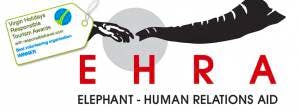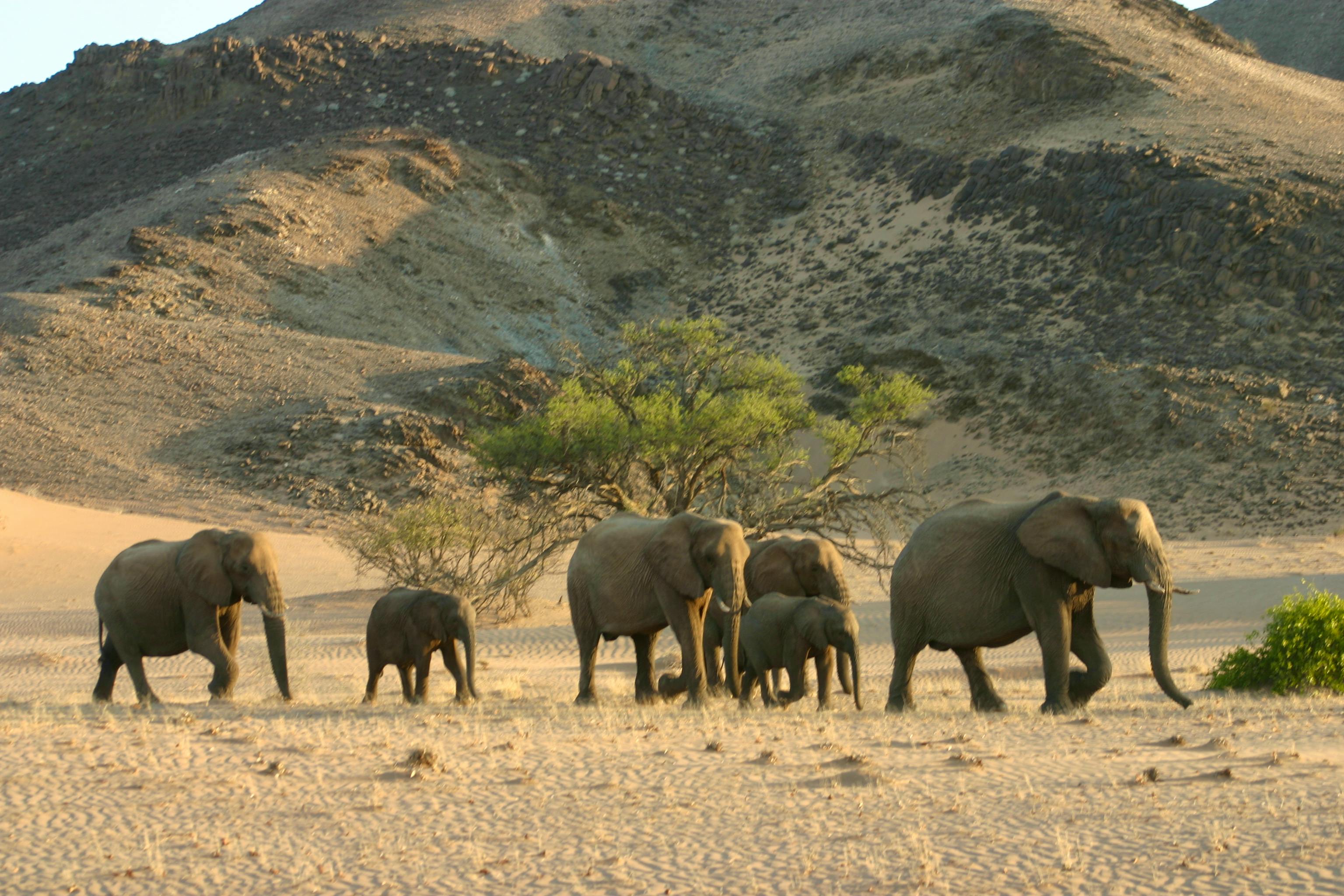2024 at Elephant Conservation Supporter
Elephant Conservation Supporter





Clou
- Experience beautiful Namibia!
- Explore Swakopmund a great little town, safe, by the sea, surrounded by sand dunes with lots of activities to keep you entertained!
- Work with and protect the majestic elephant! A once-in-a-lifetime opportunity!
- Meet like-minded people and form a deep relationship!
- There's much to do in your free time: kayaking, surfing, quad biking, dolphin tours, fishing, desert tours and much more
- Experience beautiful Namibia!
- Explore Swakopmund a great little town, safe, by the sea, surrounded by sand dunes with lots of activities to keep you entertained!
- Work with and protect the majestic elephant! A once-in-a-lifetime opportunity!
Particulièrement approprié pour
À propos du programme
EHRA aims to conserve the desert elephants of Namibia, through practical and realistic anti-conflict solutions.
How the EHRA Volunteer Project Works
EHRA's wildlife volunteer program is structured in 2-week (11 nights) rotations, but you can repeat up to a maximum of 12 weeks(132 nights). A volunteer group has a maximum of 14 people, of all ages and from all walks of life who join the program and come to ...
Activités de loisirs
Volunteers meet in the Skeleton Coast town of Swakopmund where there are many different activities including kayaking, surfing, quad biking, dolphin tours, fishing, desert tours and sand boarding on the famous dunes to name a few! During the project there is a day off in a small local town where ...
Conditions
Services inclus
NE SONT inclus dans le prix:
Informations sur l'arrivée
Frais de Programme
Rencontrez votre hôte

Elephant Human Relations Aid (EHRA)
Non lucratif - fondée en 2003
Vérifié par Volunteer World
Hébergé par
Maryna
Sur le projet
68 avis ·  4.8
4.8
Emplacement

Ces projets pourraient t'intéresser aussi
-
Éléphant d'Afrique
Preservation des eléphants
Conservation des girafes
Plus de 50 ans
Famille
Les meilleurs programmes de bénévolat
Missions de courte duree
Animaux en Afrique
Animaux sauvages en Afrique
Mission humanitaire en anglais
Mission Humanitaire pour les etudiants
Missions humanitaires en Afrique
Projets a l´etranger
Adulte
Groupe
Les grands cinq
Couple
La vie sauvage en Namibie



















